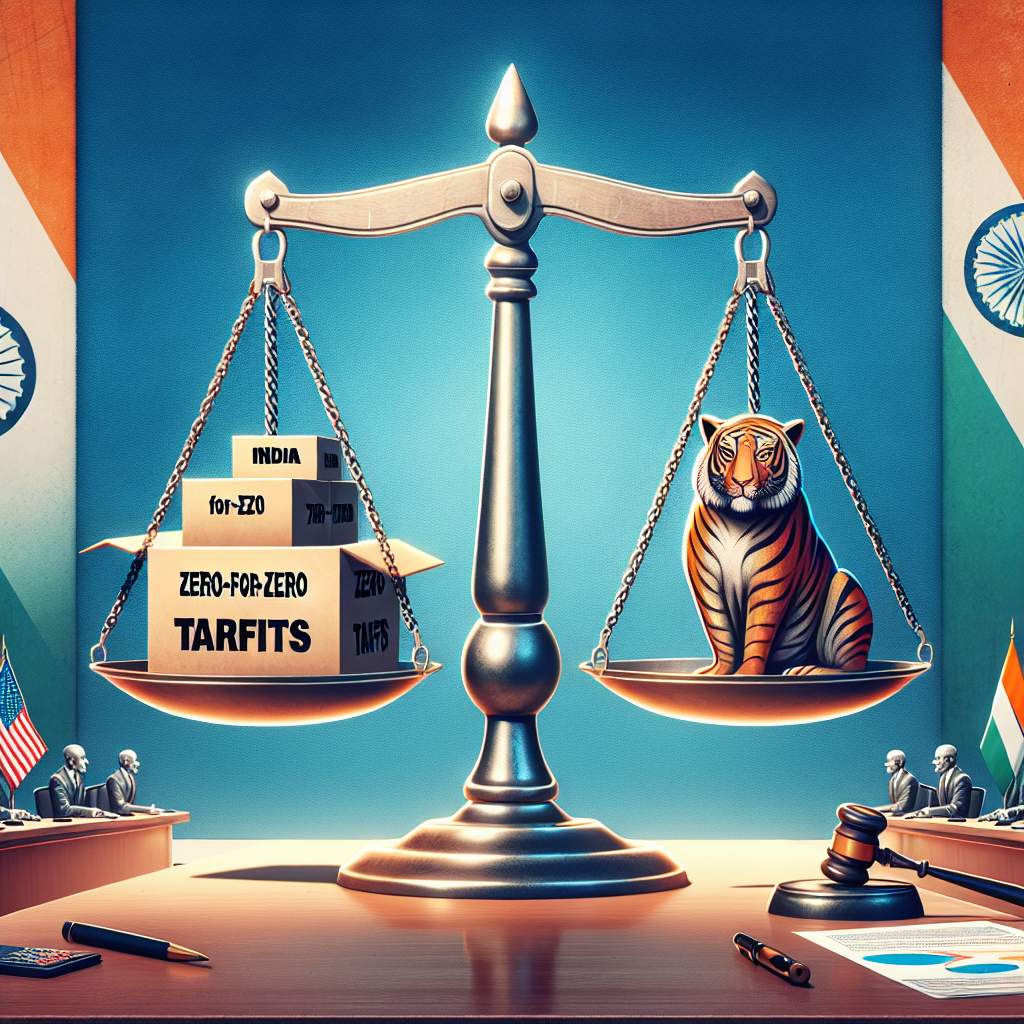Why India Might Reject ‘Zero-For-Zero Tariffs’ in US Trade Negotiations
Why India Might Reject ‘Zero-For-Zero Tariffs’ in US Trade Negotiations
Introduction
In recent trade negotiations, the United States has proposed a ‘zero-for-zero tariffs’ agreement to India, aiming to eliminate tariffs on certain goods. However, India is considering rejecting this proposal due to several strategic and economic reasons.
Key Concerns for India
- Economic Impact: India is concerned about the potential negative impact on its domestic industries, which could struggle to compete with an influx of duty-free imports.
- Trade Balance: The current trade balance between the US and India is skewed, and India fears that zero tariffs could exacerbate this imbalance.
- Strategic Autonomy: Maintaining strategic autonomy in trade policies is crucial for India, and accepting the proposal might limit its ability to protect key sectors.
Domestic Industry Protection
India’s government is focused on protecting its burgeoning industries, particularly in sectors like agriculture and manufacturing, which are vital for employment and economic growth. The removal of tariffs could expose these sectors to intense competition from US products.
Negotiation Leverage
By rejecting the zero-for-zero tariffs proposal, India aims to retain leverage in broader trade negotiations with the US. This stance allows India to negotiate terms that are more favorable and aligned with its economic priorities.
Conclusion
India’s potential rejection of the ‘zero-for-zero tariffs’ proposal is driven by a need to protect its domestic industries, maintain a balanced trade relationship, and preserve strategic autonomy. As trade negotiations continue, India seeks to ensure that any agreements support its long-term economic goals and development strategies.






































